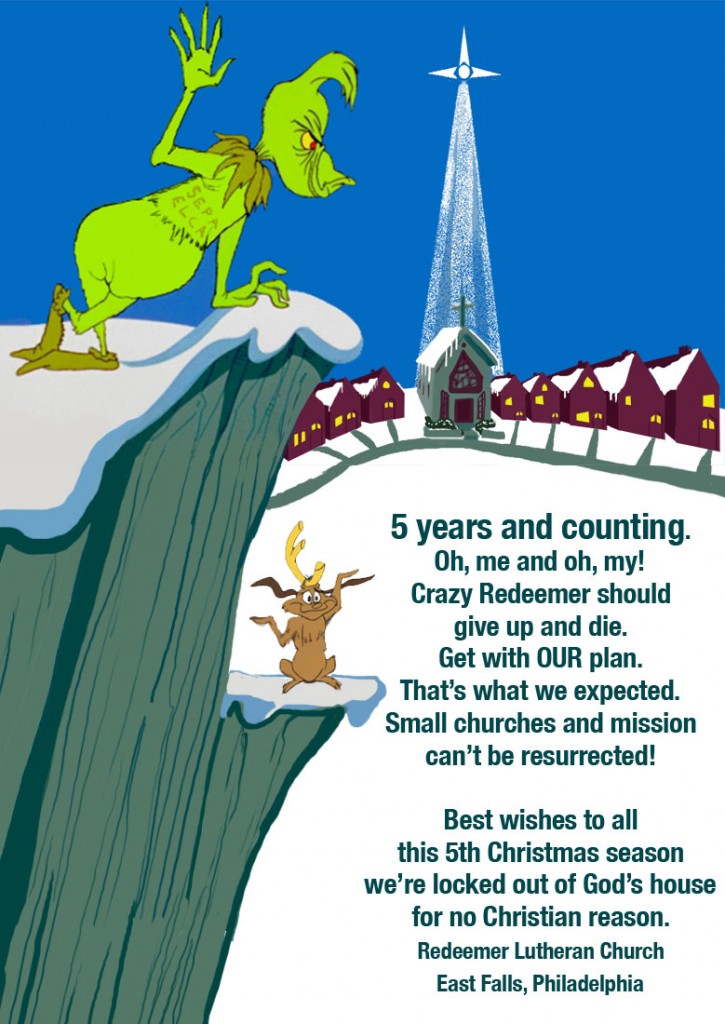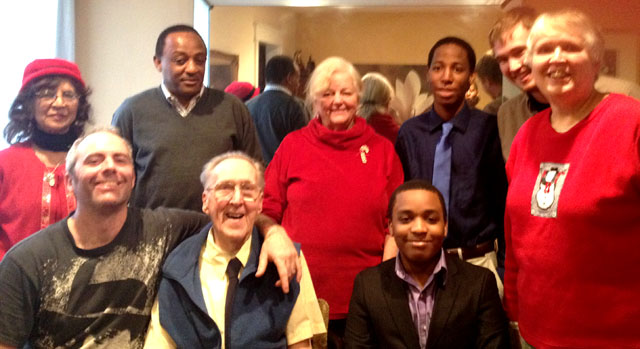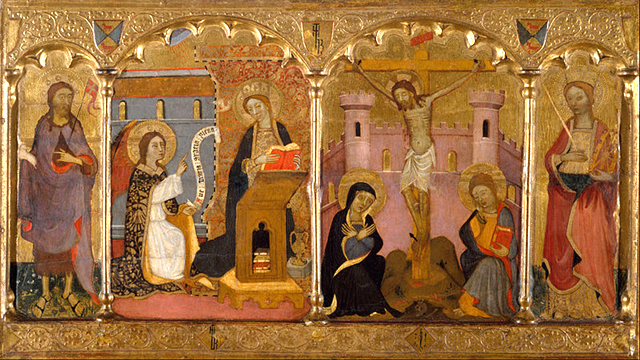The Best Way vs The Easy Way
Christians are no different from people in general. We tend to look for easy ways.
How many of you had a mother that routinely pointed out that no one promised an easy life?
There are plenty of examples in the Bible of just how true Mom’s advice is. But let’s not muddy up the New Year by referencing biblical examples.
Christians are all about building community.
Communities are messy things, intricately woven. The resulting tapestry can be beautiful.
There is no easy way. But that won’t stop church leaders from trying.
This is a good week to think about Christian community. This coming Sunday’s lessons are all about facing the challenges of life where God planted us.
Remember, God wasn’t afraid to stick his only Son right in the middle of a big mess.
I was reading the Alban Weekly blog this week. They are pushing a book about relations with former pastors.
Here is an example where the Church often advocates the easy approach. Pastors are taught to separate themselves completely from a congregation when they leave. No contact. No funerals (either attending or presiding). No weddings. No attendance at worship. No coffee meetups with the friends made over decades of service. Some pastors are advised to not talk to the next pastor. The theory is that no prejudices should be passed on—as if that’s the only thing pastors share!
The new pastor is supposed to be presented with a sterile environment. Make life easier for everyone. Remove allegiance. Remove choices. And in doing so, remove humanity.
What an artificial approach!
Perhaps this comes from the day when pastors lived in parsonages and leaving the community was almost a necessity.
Perhaps it comes from the day when the internet was not around and connecting was harder.
Today, most pastors purchase their own homes. The spouses are often employed in the community. They and the children have no reason to take orders from regional leaders. They can go to church and maintain friendships as they please.
The pastor may be moving on to a different job—not another church far away. The pastor and the pastor’s family will continue to be part of the community.
Continuity. Longevity. Networking. Incoming pastors are taught to see these as threatening—an obstacle to leadership. An excuse for failure.
This is baloney.
Collegiality and a passion for helping among all clergy and lay leaders will trump territorialism. We need each other today.
Train pastors with integrity, unselfish motivation and good judgement. Train pastors to talk with one another. Not selfish gossip. Honest communication tempered with common sense.
Stop creating a phony environment.
A congregation is not a clean slate on which an incoming pastor will write pristine words of wisdom. The pastor will not mold the congregation. Congregations are more likely to mold the pastor!
Lay people are not pawns in the hands of either the new or old pastor. No interim ministry, no matter how long or well-orchestrated, will change that. The congregation will build on its past and find strength in that.
There is no way to keep people from connecting. Church leaders that attempt to isolate congregations from their past are fighting a losing battle.
This standard practice has led to abuses. The advice is stretched to the ridiculous. Bishops actually look at congregations and suggest that certain members will have to go before a new pastor will be agree to serve. Heaven forbid lay leaders have influence.
Transitions are managed for the comfort of clergy.
The extension of faulty reasoning continues. Property will have to be turned over to the regional body before pastoral recommendations will be made. When “easy” is the goal, this makes sense despite what the rules of the church may be.
Communities grow. The new will add to what has been.
Don’t haul out the pruning analogy. It’s just plain mean — especially when the lives and property of lay people are the targets.
Churches are made up of people, not trees.






